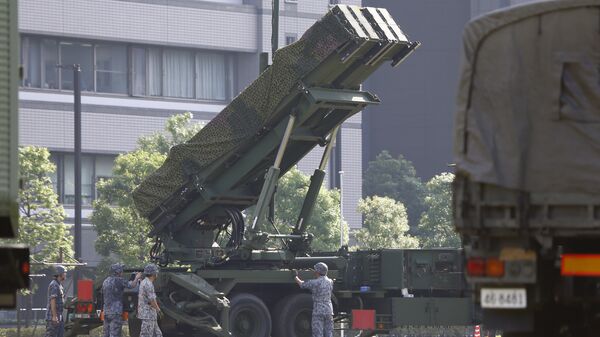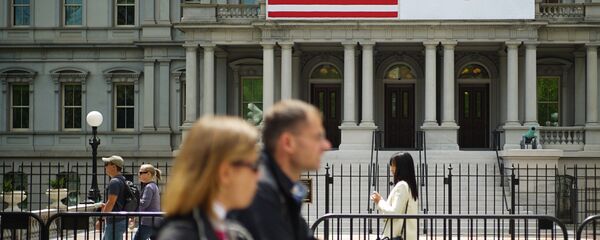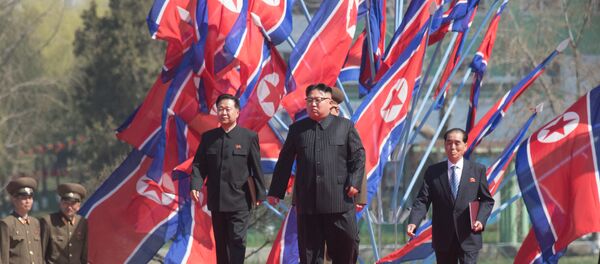Tokyo admitted that their warning system would likely detect a missile launch no more than 10 minutes in advance, and possibly not even as quickly as that. "A missile may not be detected as soon as it leaves the launch pad … and that could take several minutes. Depending on the case, the warnings and alarms might only sound four or five minutes before a missile arrives," said Hirofumi Yoshimura, mayor of Osaka, Japan's second-largest metropolitan area.
The grim reminder came out of a meeting of the nation's top disaster and crisis officials in Tokyo, where the federal government urged the prefectures to raise the awareness and preparedness of their constituents.
Japan's J-Alert system is meant to warn local governments of an imminent missile attack via satellite, telephone and cyberspace mediums. From there, local governments will warn the citizenry via emergency broadcasts on TV and radio, cell phone alerts and outdoor loudspeaker announcements.
The government's advice is fairly typical: those outside should proceed to a strong concrete building or underground in a calm, orderly fashion. Those already inside should stay low to the floor, take cover under tables and stay away from windows. Students are advised to hide under their desks.
Since February 2017, North Korea has performed four missile tests. Three landed in the Sea of Japan, while the fourth exploded almost immediately after takeoff. In August 2016, a North Korean missile landed in the ocean about 150 miles from the city of Oga in Akita Prefecture.
Oga residents, in cooperation with the federal and prefectural government, conducted an evacuation drill in case of a North Korean missile launch. Some of the officials who attended the Tokyo meeting suggested the passing of a new law to create a nationwide system of drills similar to the one Oga performed.
While "duck and cover" would do little for those engulfed by a nuclear fireball, it could protect the citizenry outside the explosion's radius from other dangers such as broken glass and other shrapnel, intense heat, thermal burns and eye damage.
Japan knows this better than most. During the 1945 atomic bombing of Hiroshima and Nagasaki, Japanese citizens often rushed to the windows when they saw the bright flash of light, increasing the human toll of the attack.
Sales of bomb shelters and air purifiers have skyrocketed in Japan in recent months.






